The new wave of house buyers who are reshaping the luxury property market
Buyers of luxury homes across the world are getting younger and their ideas are shaping the market in new ways, according to Luxury Portfolio International's latest research.
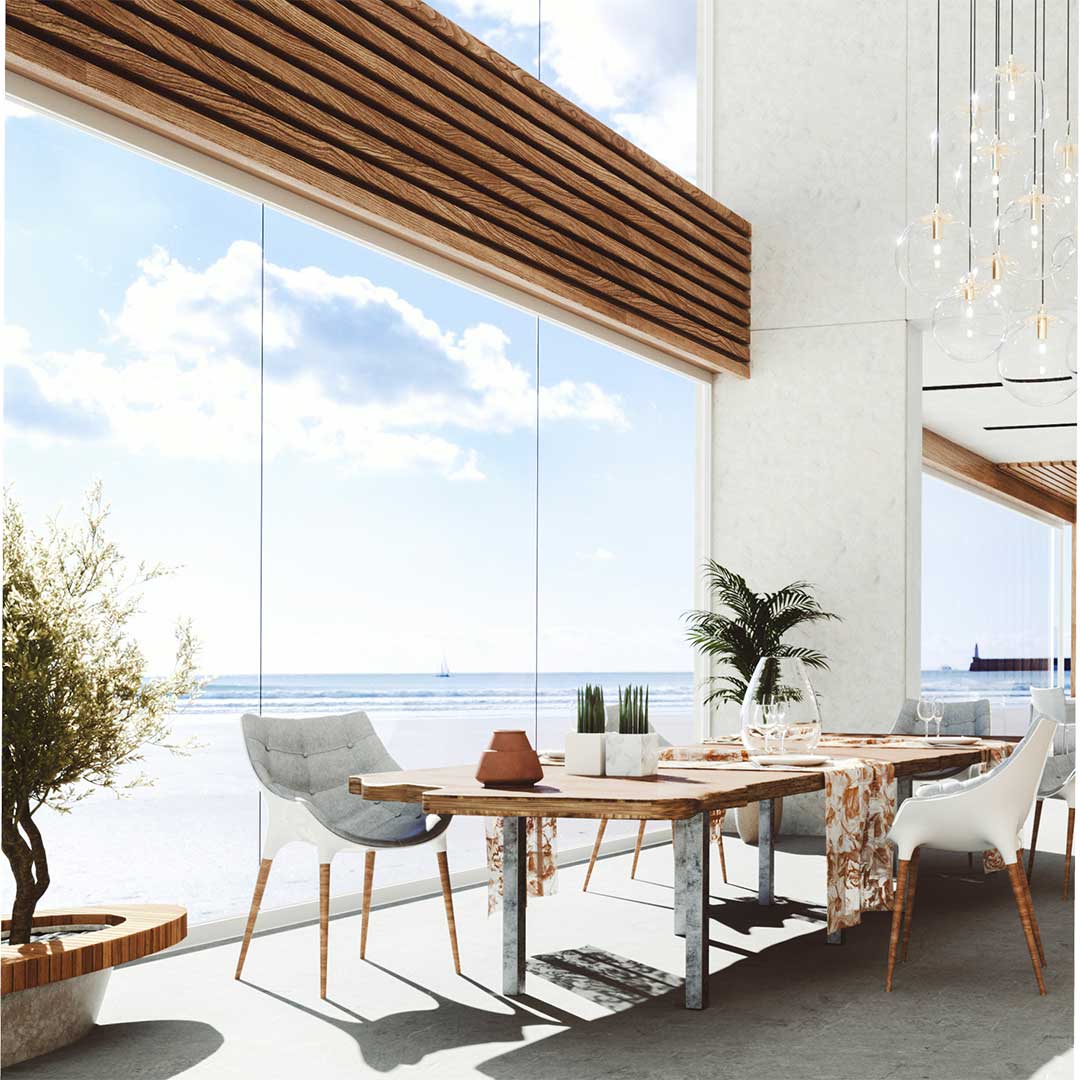
If asked to conjure up an image of a stereotypical luxury property buyer, you'd be forgiven for imagining an ageing, male plutocrat sucking on a cigar and calling the shots for the rest of his family.
Those days, though, are gone. Young, highly-educated, powerful and — increasingly — female buyers are beginning to take a bigger and bigger share of the market. That's one of the headline findings of the latest State of Luxury Real Estate report from Luxury Portfolio International (the SOLRE report).
LPI polled their global network of luxury property estate agents - a collection of over 250 independently-run real estate brokerages in more than 35 countries - to get their input for the new report, and the results are fascinating. Women make up 54% of luxury property buyers under 35 - a significant shift from the 35-64 age bracket, in which men make up 59% of owners. As women strive towards equality in the work place, and increasingly fill leadership roles at big companies,
What's more, owners of luxury property are getting younger as a whole. News reports might talk about the difficulty many millennials face getting on the property ladder, but in the luxury real estate market the opposite seems to be true: buyers of top-end international homes are getting younger, often buying top-end places to live even before getting married. 'Younger individuals are making significant strides early in their careers, acquiring luxury homes at a faster pace than previous generations,' says Mickey Alam Khan, president of LPI.
Why is this, though? LPI's report identifies six key factors behind what they call the 'the evolving demographics of luxury homeowners':
- The influence of the tech jobs and finance jobs rewarding young high-flyers with salaries big enough to allow accumulation of wealth
- An 'investment mindset' when it comes to property, with the under-35s keen to improve their finances via the housing market just as their parents and grandparents have
- Growing financial literacy, prompting young buyers to find better ways to grow their nest eggs
- The historically low interest rates which have prevailed in the last decade and a half, not withstanding the shocks of the past year
- An increasing shift for older generations to pass on family wealth, particularly in property
- And finally, remote working, which allows many workers, particularly in finance and tech, to earn metropolitan wages without paying city centre living costs.
The upshot is that the buyers of the world's finest homes are making those deals at a younger age than those who came before them. 'It follows a broader trend among the affluent that the "first luxury experience" is happening earlier in life now for today’s young people compared to generations past,' adds Mr Alam Khan.

This demographic shift brings with it other changes, too. 'Younger luxury homeowners are increasingly focused on sustainability, social responsibility, intergenerational wealth preservation and technology,' the report states. To quote but one example: 62% of buyers aged 35-64 agreed that environmental sustainability was a factor for them while looking to buy a house. Among the under-35s, that number was 74%.
The report mentions what we might dub the 'Stella McCartney effect', by referring to the designer's groundbreaking 'Green Carpet Collection' of 2012, which put sustainable materials and ethical production front and centre alongside luxury and quality. This ethos has now gone far beyond the battle against fast fasion, reaching in to every area of life. 'We are witnessing a significant shift in luxury homeowners’ preferences, particularly among the younger generation,' the SOLRE report concludes. 'They expect the brands they patronise to be socially responsible and environmentally conscious.'
That's not to say that the new wave of youngers buyers will compromise on quality. Just as they would with theor Louis Vuitton luggage or the Aston Martin on the driveway, factors such as quality, originality and heritage are just as popular among under-35s.
And they're also just as confident as the previous generation that property remains a good investment, with what Mickey Alam Khan calls 'a whopping 91%' of luxury homeowners considering further real estate investments.
Luxury property, it seems, will remain just as popular as it ever has.
You can read the SOLRE report in its entirety at www.luxuryportfolio.com/reports.
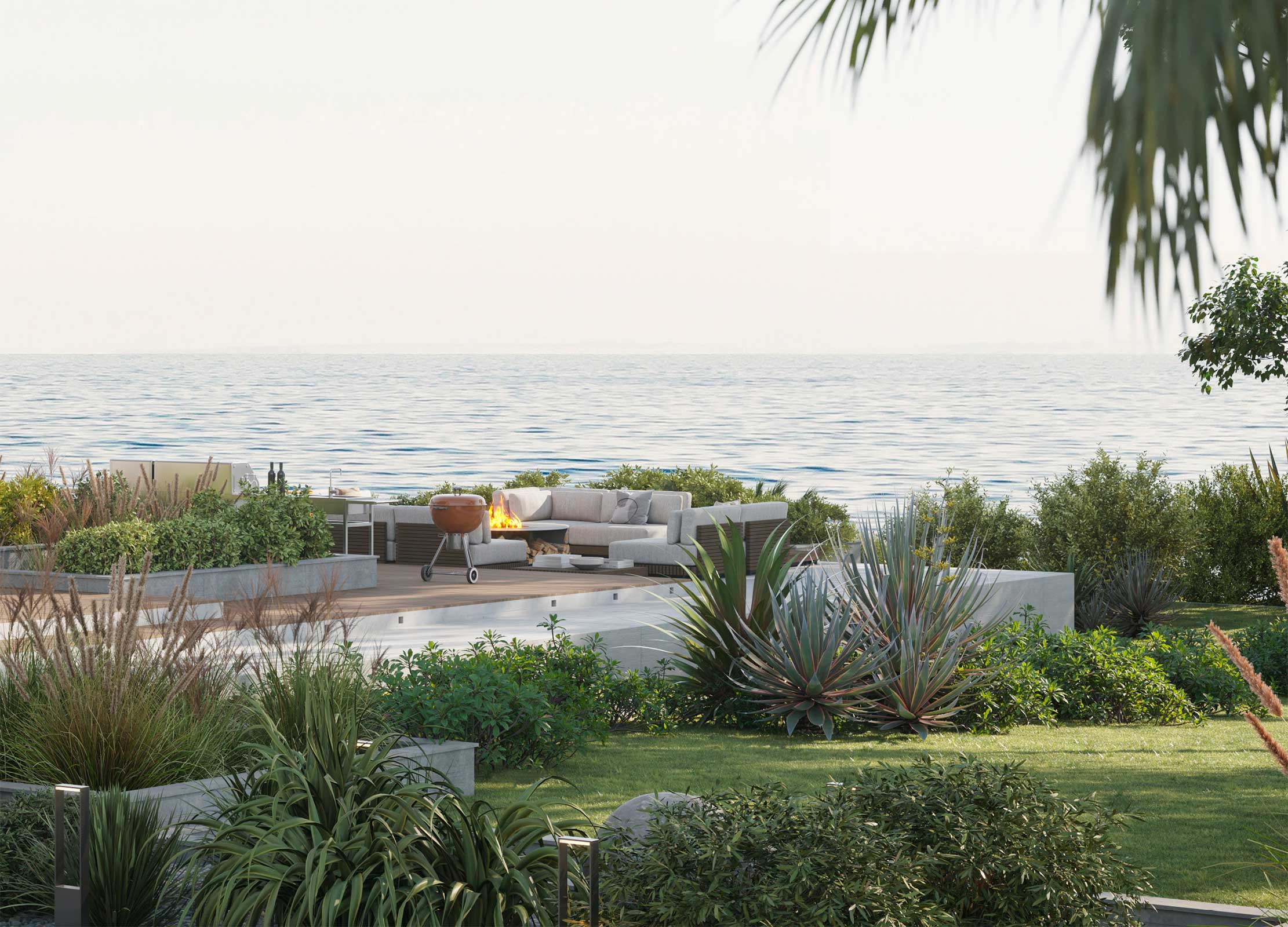
Exquisite houses, the beauty of Nature, and how to get the most from your life, straight to your inbox.
-
 Swashbuckling Reepicheeps, pipistrelles and the Devil’s Dyke: They're all in the Country Life Quiz of the Day, January 22, 2026
Swashbuckling Reepicheeps, pipistrelles and the Devil’s Dyke: They're all in the Country Life Quiz of the Day, January 22, 2026Do you know what any of these bizarre things are? Find out in our daily quiz, below.
-
 Beautiful, rewarding, unpronounceable: Chaenomeles, the spectacular shrub that grows happily in gardens where azaleas will never bloom
Beautiful, rewarding, unpronounceable: Chaenomeles, the spectacular shrub that grows happily in gardens where azaleas will never bloomSo many new types of Japanese flowering quince are now available that they have been the subject of a four-year trial by the RHS. Charles Quest-Ritson picks his favourites; just don't ask him to say their names out loud.
-
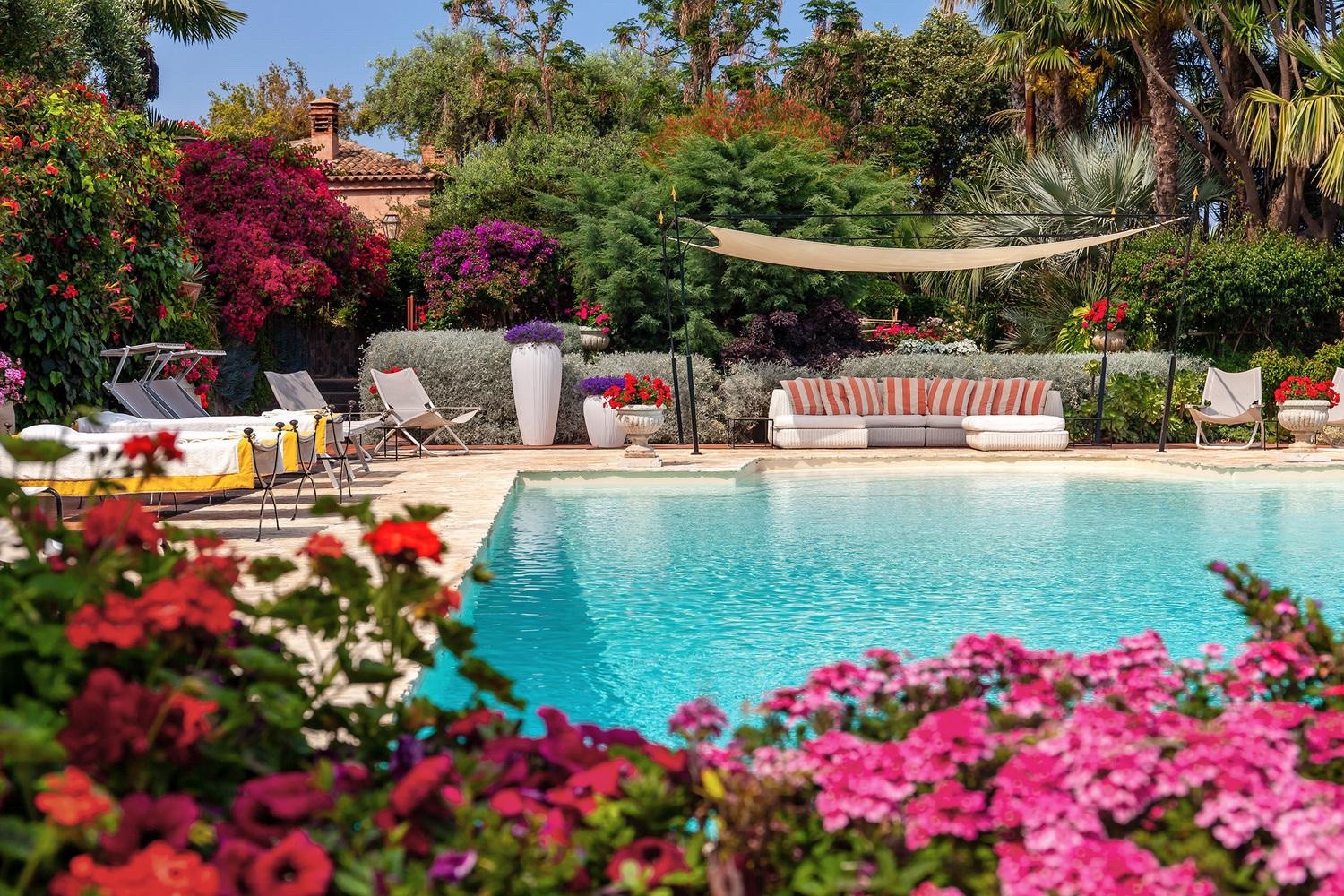 Jewels of the Mediterranean: Luxury multi-generational villa holidays
Jewels of the Mediterranean: Luxury multi-generational villa holidaysThe Thinking Traveller have some of the finest villas in the Mediterranean on their books for multi-generational holidays. Here are just a few of the highlights.
-
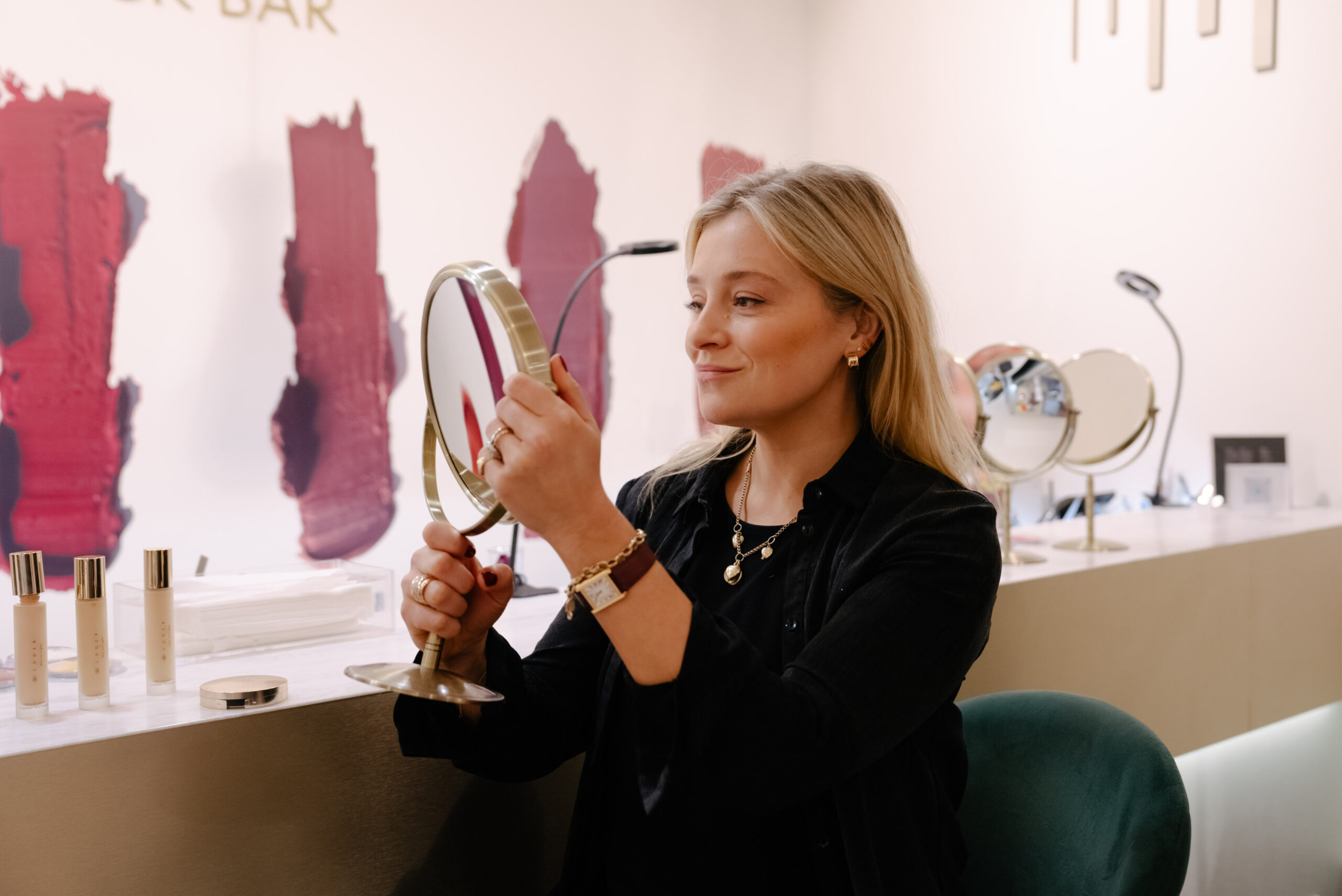 Code8: Beauty on Burlington Arcade
Code8: Beauty on Burlington ArcadeCome along Burlington Arcade with Hetty Lintell to visit beauty gurus Code8, and try their new Day To Night Foundation.
-
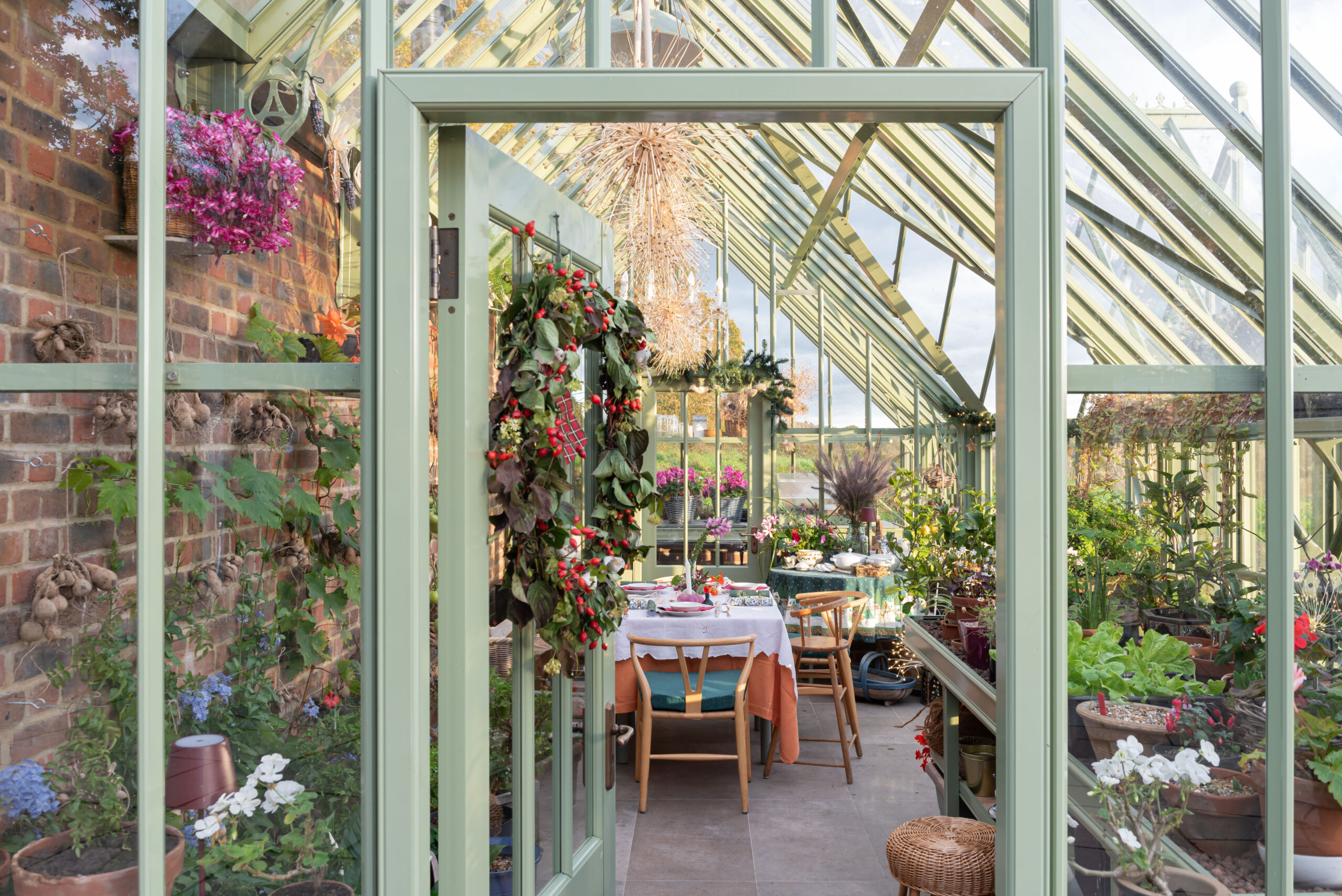 The gift of growing
The gift of growingEntirely built to suit your needs, a bespoke Alitex greenhouse not only helps you nurture flowers and vegetables, but also offers a tranquil retreat from the pressures of daily life.
-
 The ultimate Canadian train journey
The ultimate Canadian train journeyExperience the spectacular scenery of the Canadian Rockies onboard the luxury and top-tier service of Rocky Mountaineer.
-
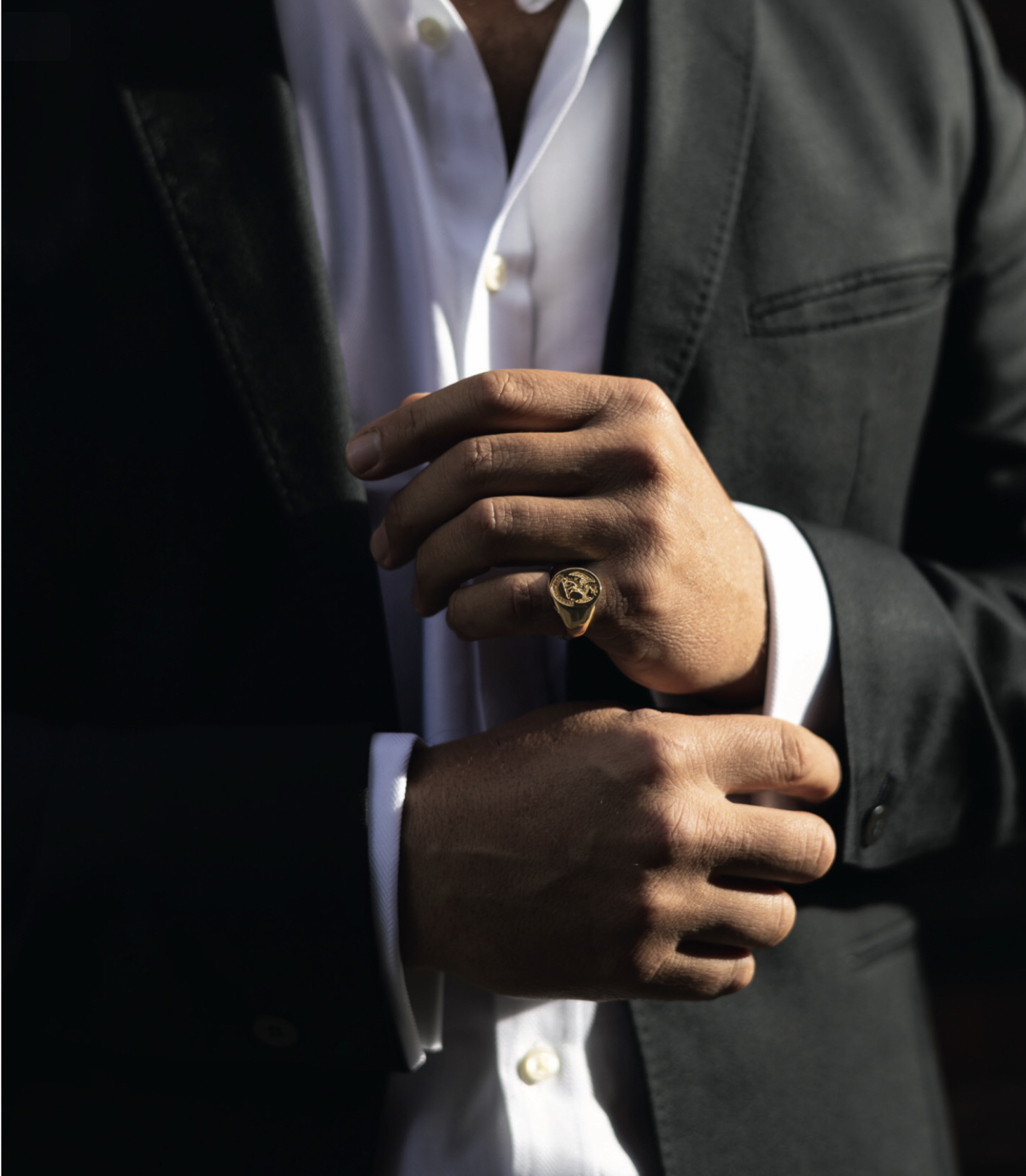 Diamonds are a man’s best friend
Diamonds are a man’s best friendMale interest in jewellery is on the rise, with gypsy and signet rings proving especially popular, according to renowned jeweller Hancocks.
-
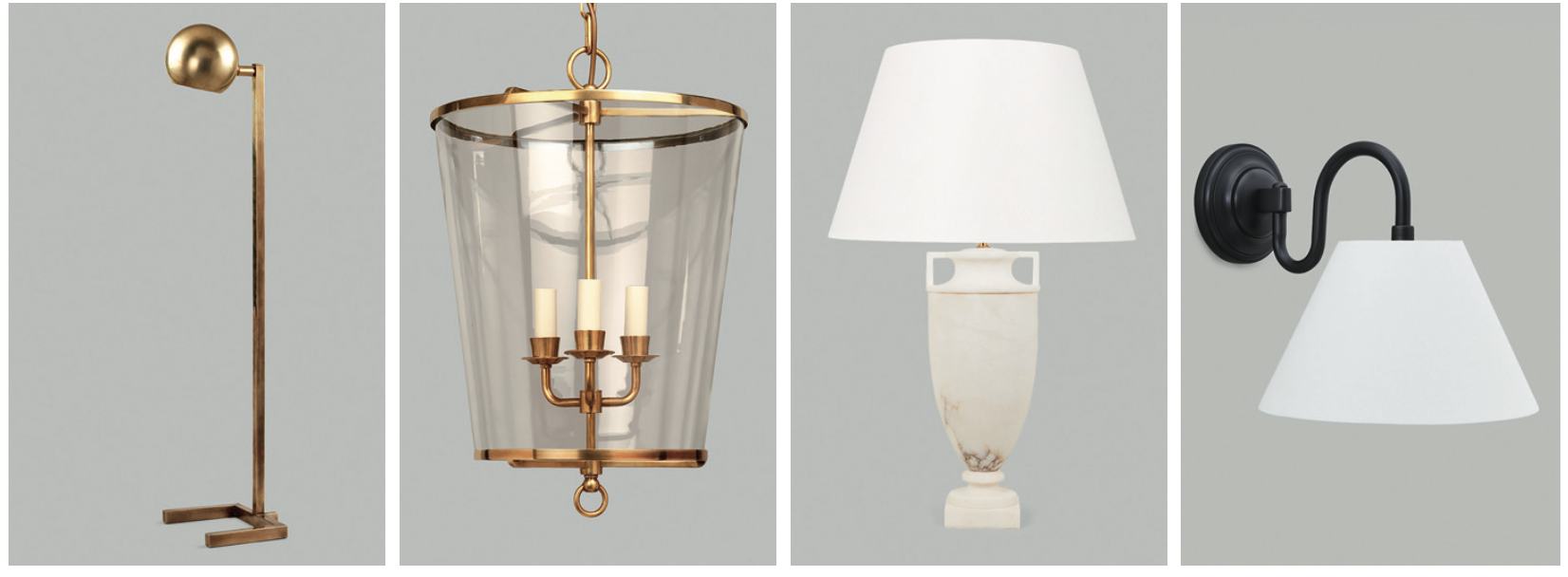 The Art of Lighting: Four of Britain's top designers share their best tips for choosing lighting
The Art of Lighting: Four of Britain's top designers share their best tips for choosing lightingAt a recent panel discussion hosted at Vaughan’s London showroom during Focus/24, interior designers Emma Pocock and Sarah Peake, lighting designer Jo Mann of Lighthouse Designs and Richard Smith of Vaughan shared their top 10 tips on choosing lighting.
-
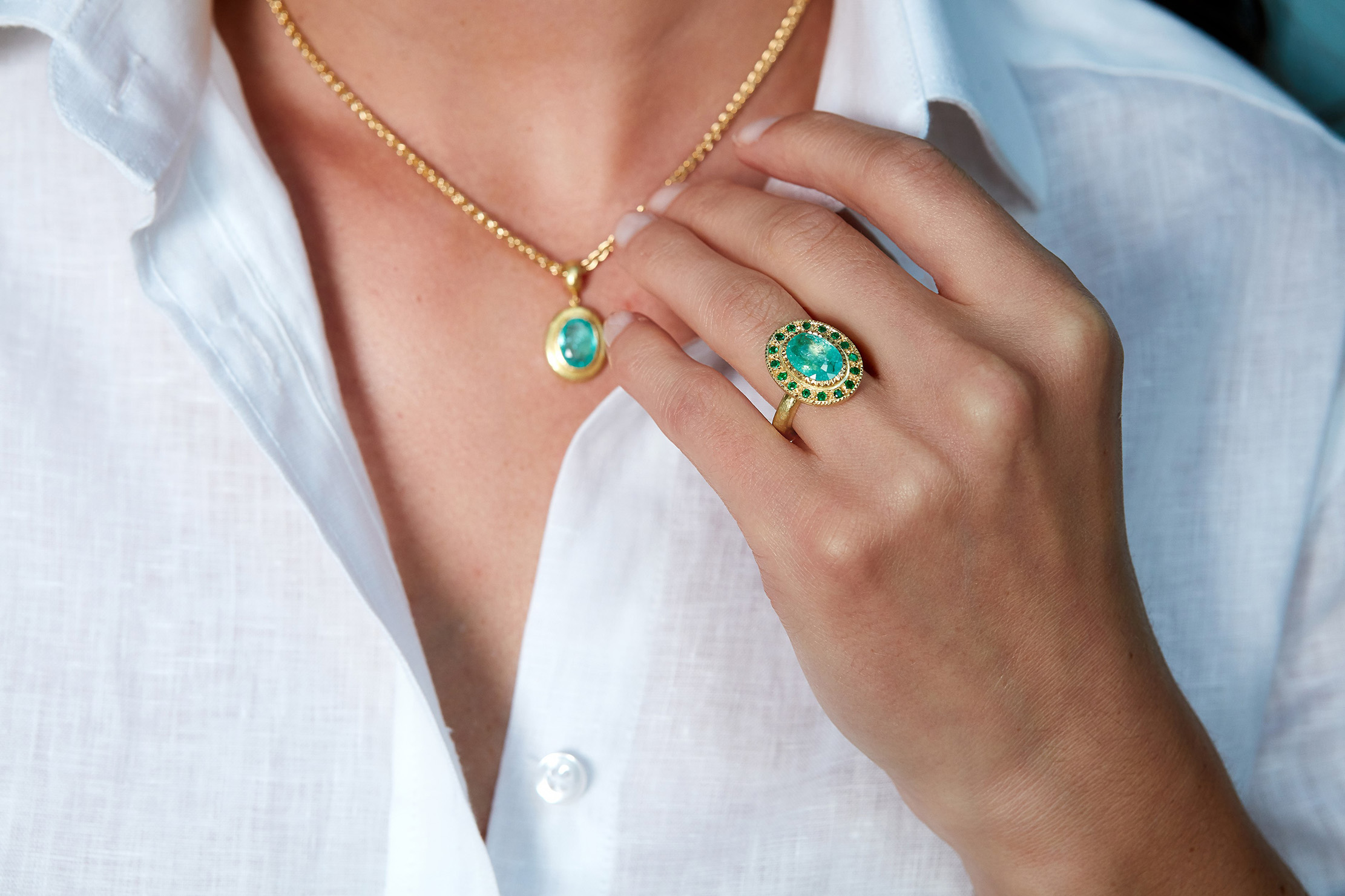 The beauty of bespoke: A journey with Julia Lloyd George
The beauty of bespoke: A journey with Julia Lloyd GeorgeGoing bespoke with Julia Lloyd George means getting not just a piece of jewellery, but a lifelong treasure.
-
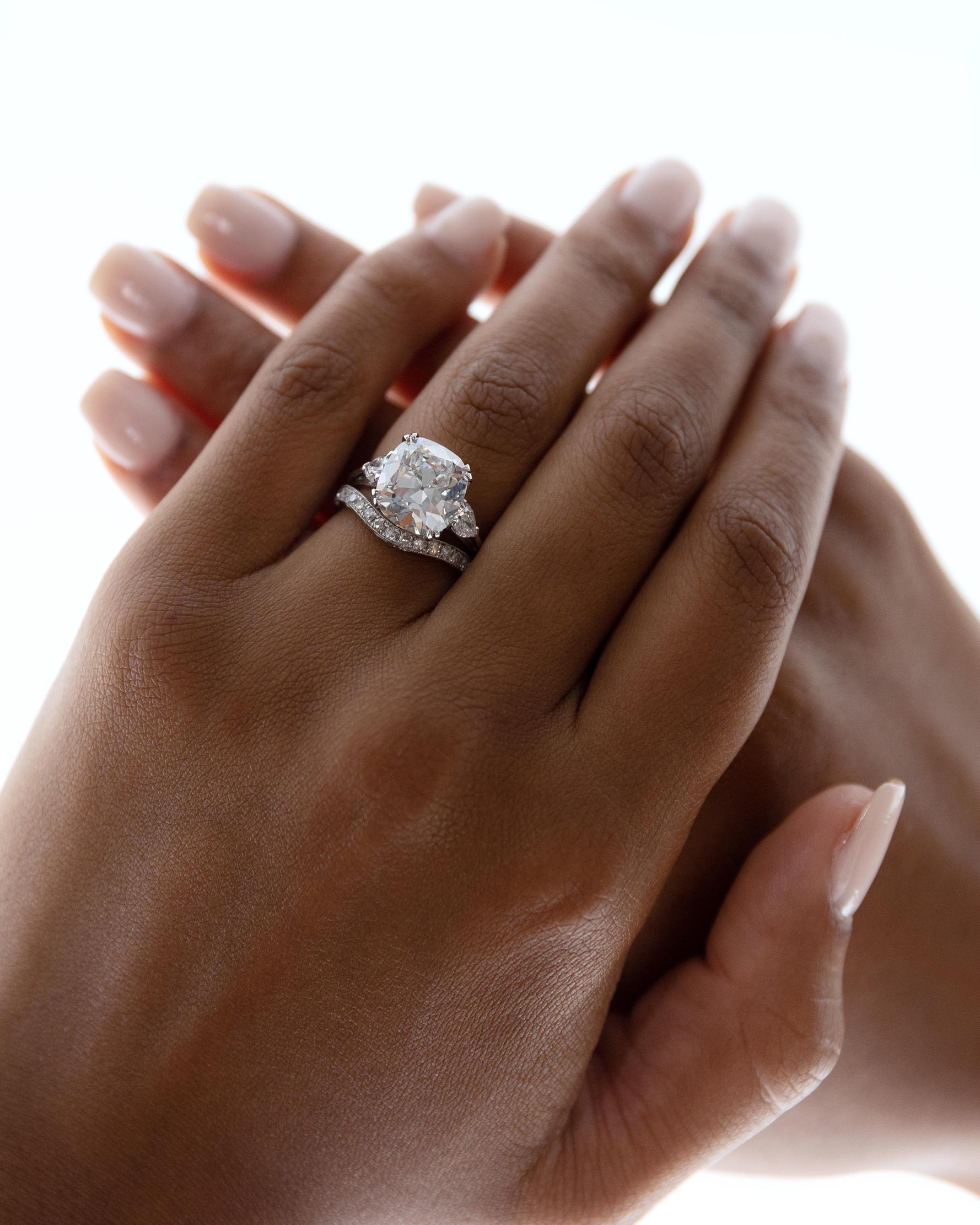 Hancocks: Sparkle of genius
Hancocks: Sparkle of geniusHistoric jewellery firm Hancocks, now in its new St James’s home, specialises in old-cut diamonds pieces that gleam and turn heads even in low light.

